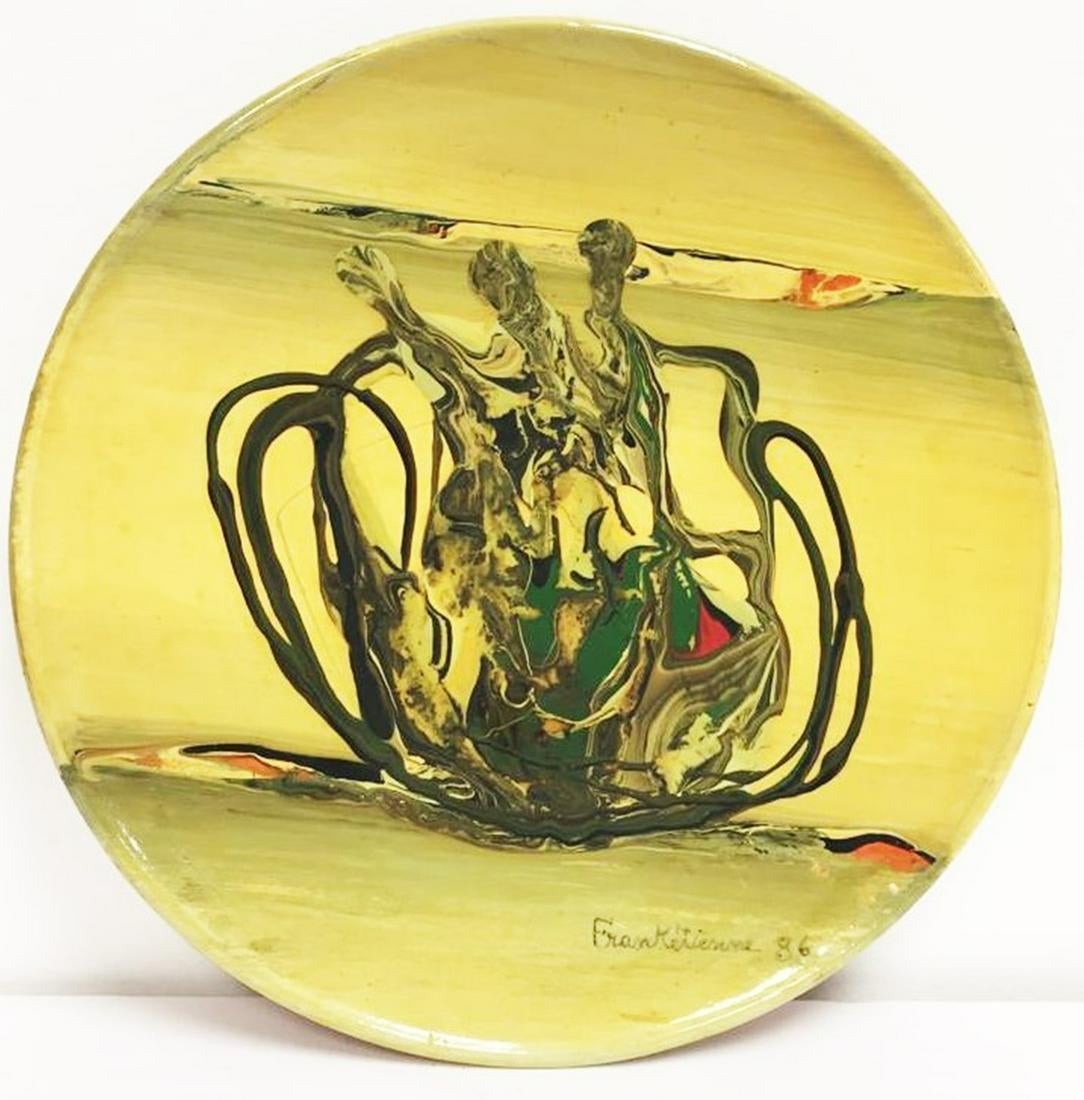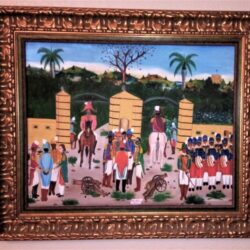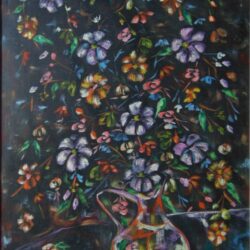Description
Frankétienne (born Franck Étienne on April 12, 1936 in Ravine-Sèche, Haiti) is a Haitian writer, poet, playwright, painter, musician, activist and intellectual. He is recognized as one of Haiti’s leading writers and playwrights of both French and Haitian Creole, and is “known as the father of Haitian letters”.






Reviews
There are no reviews yet.